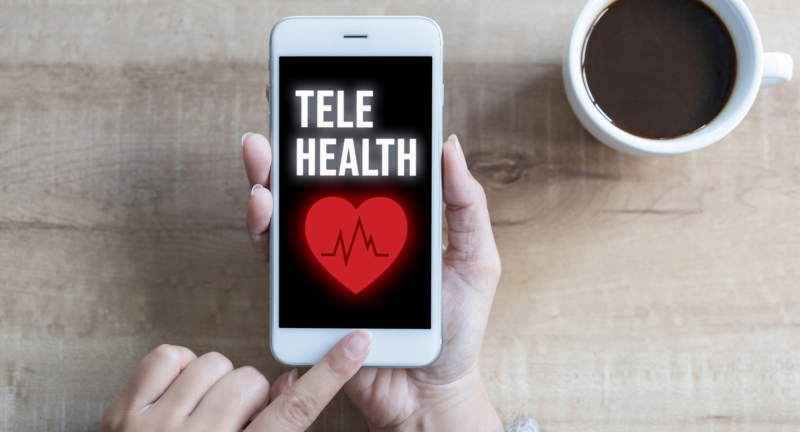
Social Anxiety in a Post-Pandemic World
Warning Signs that Your Social Anxiety Is Spiraling Out of Control
How do you know if your social anxiety is being exacerbated by the return to “normal”? Below are four signs that should be aware of:
Are you:
- Experiencing an increase in the intensity of fear?
- Experiencing a sense of dread or doom?
- Canceling or avoiding in-person events? (including work and social commitments)
- Noticing an increase in physical symptoms such as stomach distress, shaking, heart palpitations, panic attacks, or blushing?
5 Ways to Support Your Partner with Social Anxiety Disorder
If you’re spouse or partner is struggling with social anxiety disorder, you might wonder how you can best support him or her during this time of transition. Below are five tips to support and encourage your partner.
1. Offer encouragement.
Offer encouragement and support, but learn about the right kind of encouragement to offer that neither accommodates (i.e., enables) the self-isolation nor criticizes the partner for their behaviors. You may benefit from support groups or from talking to your spouse’s therapist — we’ll cover this more in the next tip.
2. Encourage professional support.
“The good news is that social anxiety is treatable. Medication and specialized forms of therapy such as Cognitive Behavioral Therapy and Exposure and Response Prevention have been shown to be extremely helpful in reducing, and sometimes eliminating social anxiety,” Dr. Briscoe reminds us.
Consider this: Setup an appointment to visit with your partner’s specialized social anxiety therapist to discuss how you can support the work that your partner and therapist are engaged in. Therapists providing CBT with persons with social anxiety are generally very happy to involve loved ones in their clients’ care, and provide some very helpful recommendations for you to assist and support the process of healing.
A board-certified psychiatrist should be able to recommend and direct you to a therapist or psychologist in your local community with experience and expertise in treating social anxiety, and provide medication to help alleviate symptoms if necessary.
3. Seek out a support group for yourself.
You might also consider finding a support group dedicated to spouses of individuals with social anxiety. You can find support groups for individuals or spouses of individuals with social anxiety.
4. Seek to learn everything you possibly can about social anxiety disorder.
Here are a few reputable resources:
- National Alliance on Mental Health – Provides some excellent recommendations for family members/partners of persons struggling with all types of anxiety disorders. You can also learn what to do and what not to do.
- National Institute of Health – General information/education on social anxiety.
- National Alliance on Mental Health (support) – Source of support for family members/partners of persons struggling with social anxiety and other anxiety disorders. Potential resource for support groups for family members/partners.
What to Do If You Notice the Symptoms of Social Anxiety

The signs and symptoms of social anxiety vary from person to person, but in general, symptoms include:
- Staying away from or avoiding places where there are a lot of other people
- Finding it difficult to spend time around other people, especially if you don’t already know them
- Feeling very self-conscious in front of others, to the point that it can impact your social and personal relationships
- Feeling embarrassed easily
- Physical symptoms including blushing, sweating, rapid heart beat, trembling and shaking
- Feeling nauseous
Note that these symptoms may increase when engaged in social settings such as giving a presentation at work, talking to coworkers, attending social events, meetings, etc. If you notice any of these signs and are struggling to overcome them, it may be a good time to seek professional help.
Explore Your Next Steps
Untreated social anxiety can make it difficult to perform well (or comfortably) at work or in social settings. However, treatment can help you feel more comfortable. At NextStep 2 Mental Health, we know that the pandemic can profoundly impact your mental health. We provide comprehensive social anxiety treatment — pandemic or not. Whether you’ve already been diagnosed or you are just now starting to see the signs, we can help you feel better. Give us a call at our Louisville, Kentucky office at 502-339-2442, or send us a message to request more information.
You can also request an appointment with our convenient scheduling tool here.
About Dr. Briscoe
 Dr. Brian Briscoe is a board-certified psychiatrist and the medical director of adult programs. Dr. Briscoe was voted a “Top Doctor” by Louisville Magazine. You can make an appointment with Dr. Briscoe here .
Dr. Brian Briscoe is a board-certified psychiatrist and the medical director of adult programs. Dr. Briscoe was voted a “Top Doctor” by Louisville Magazine. You can make an appointment with Dr. Briscoe here .
Related Posts
Preparing for Telehealth: What Parents Need to Know
As parents, you've no doubt taken your child to dentist appointments, eye doctor...
How to Tell If You Have a Social Anxiety Disorder
It's normal to experience occasional nervousness in social situations. For...


